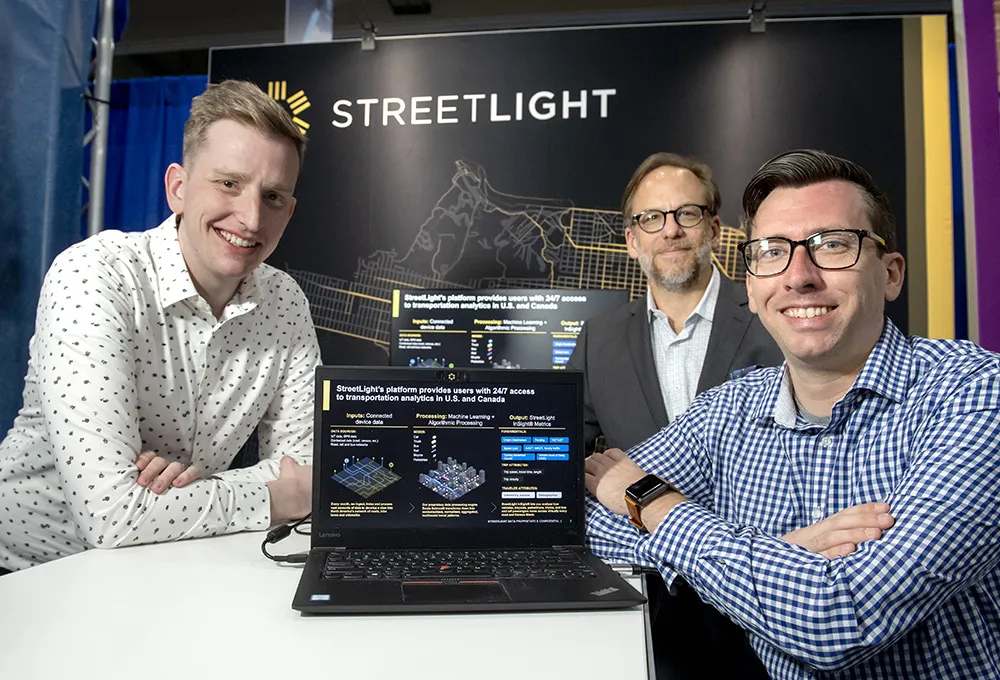
The White House has announced a huge financial boost, new standards, and major progress for a made-in-America national network of electric vehicle (EV) chargers to support the future of the US EV charging industry
The Biden-Harris Administration announced its latest set of actions which it says are aimed at creating "a convenient, reliable and Made-in-America electric vehicle charging network so that the great American road trip can be electrified."
These steps are designed to help the US meet ambitious goals to confront the climate crisis, by building a national network of 500,000 EV chargers along America’s highways and in communities and have EVs make up at least 50% of new car sales by 2030, all while advancing an industrial strategy to continue to build-out the domestic EV and EV charging industry. The path to net-zero emissions by 2050 is creating good-paying manufacturing and installation jobs on the way.
President Biden’s Bipartisan Infrastructure Law invests $7.5bn in EV charging, $10bn in clean transportation, and over $7bn in EV battery components, critical minerals, and materials.
These flagship programmes complement the Inflation Reduction Act’s landmark support for advanced batteries and new and expanded tax credits for purchases of EVs and to support installations of charging infrastructure, as well as dozens of other federal initiatives designed to drive domestic manufacturing and build a national network of EV charging. The result is that the future of American transportation is on track to be cleaner, safer, more affordable, and more reliable than ever before.
EV sales in the US have tripled and the number of publicly available charging ports has grown by at least 40% since President Biden took office in January 2021, the White House statement pointed out.
There are now more than three million EVs on the road and over 130,000 public chargers across the country. Further accelerating the buildout of a convenient, reliable charging network is critically important to make electric vehicle charging a seamless experience.
Companies including Tesla, General Motors, EVgo, Pilot, Hertz and BP, among others, are announcing new commitments to expand their networks by thousands of public charging ports in the next two years, using private funds to complement federal dollars.
For more on this story go to www.evcandi.com










